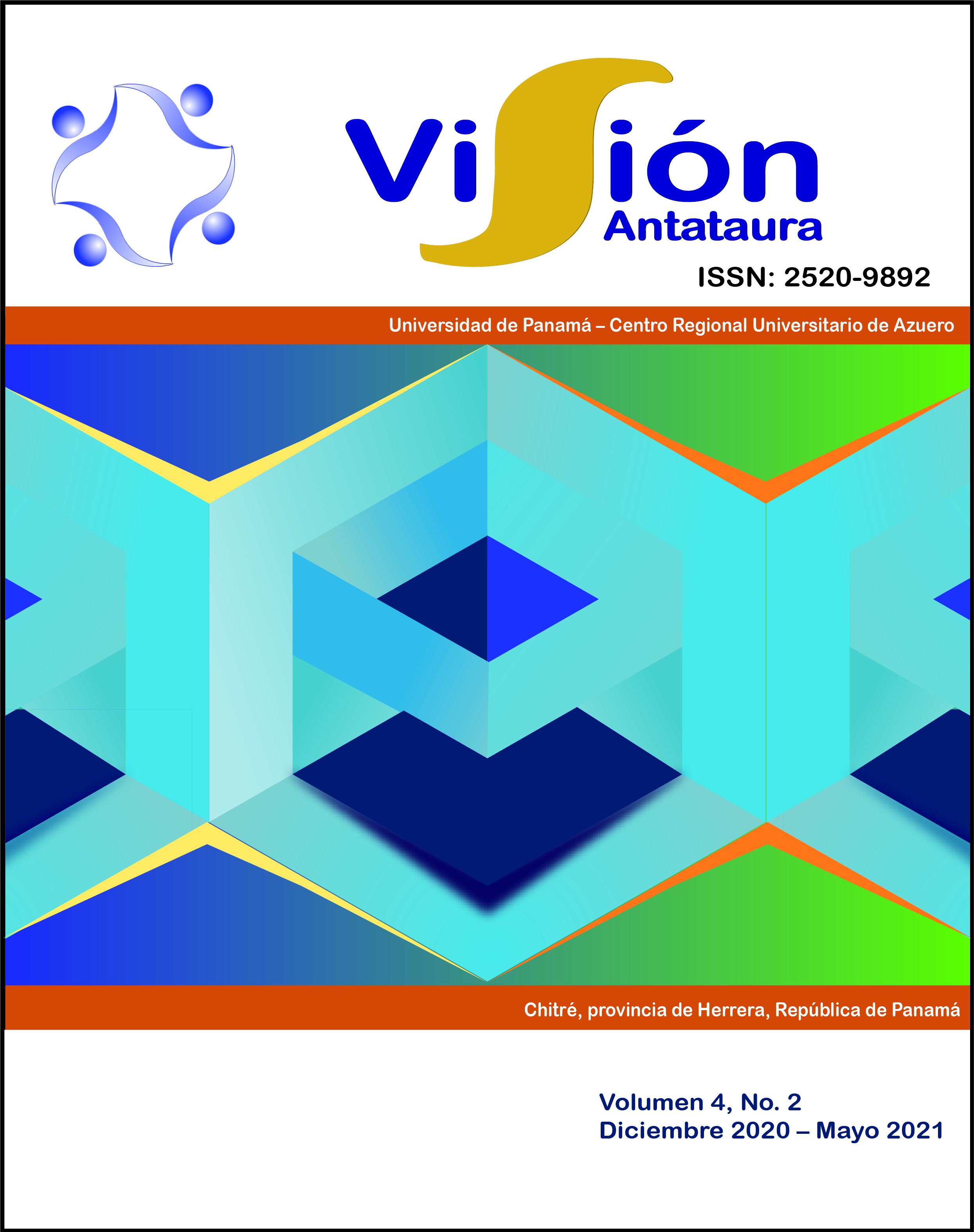

This article collects the author's experience for more than 20 years in researching specific didactics. It is proposed to defend the idea that the teaching of language must necessarily be interdisciplinary, even more so in higher education. For its development, it relies firstly on the highly controversial subject of didactic approaches, and secondly, on its transversality. It assumes the new approaches to language teaching, in which a discursive and interactive perspective of significance for the interpretation of the natural, social and cultural world is booming, and the need to assume it focused on the processes of understanding and construction of meanings and meanings , and from its use in contexts of significance. Its Cuban variant has been known as a cognitive, communicative and sociocultural approach, developed by Dr.Cs. Angelina Roméu Escobar. Their significant contributions are addressed, among them, the teaching-learning of the mother tongue as an interdisciplinary node, which was developed by the author of this article as a thesis in Option to the Scientific Degree of Doctor of Pedagogical Sciences.